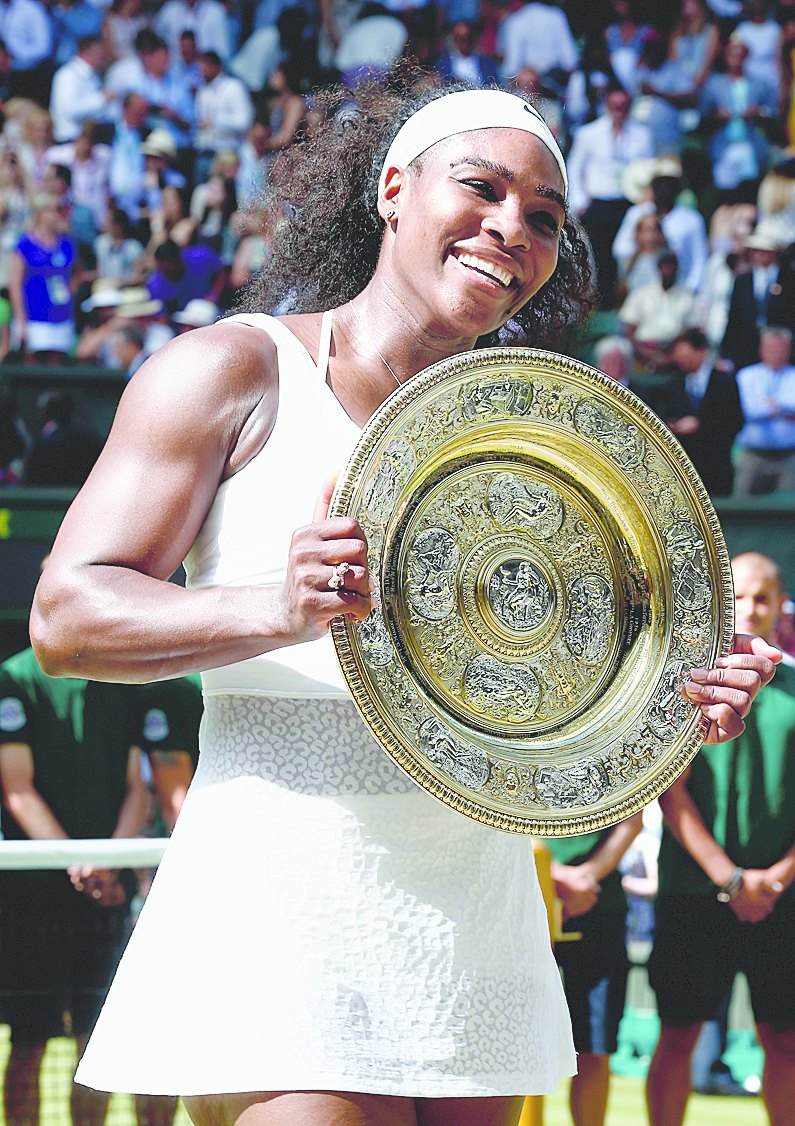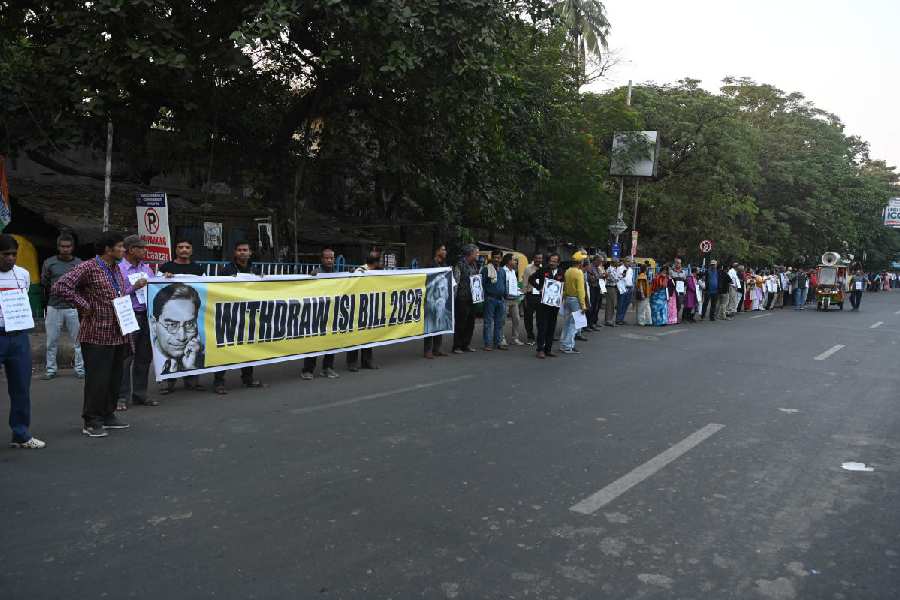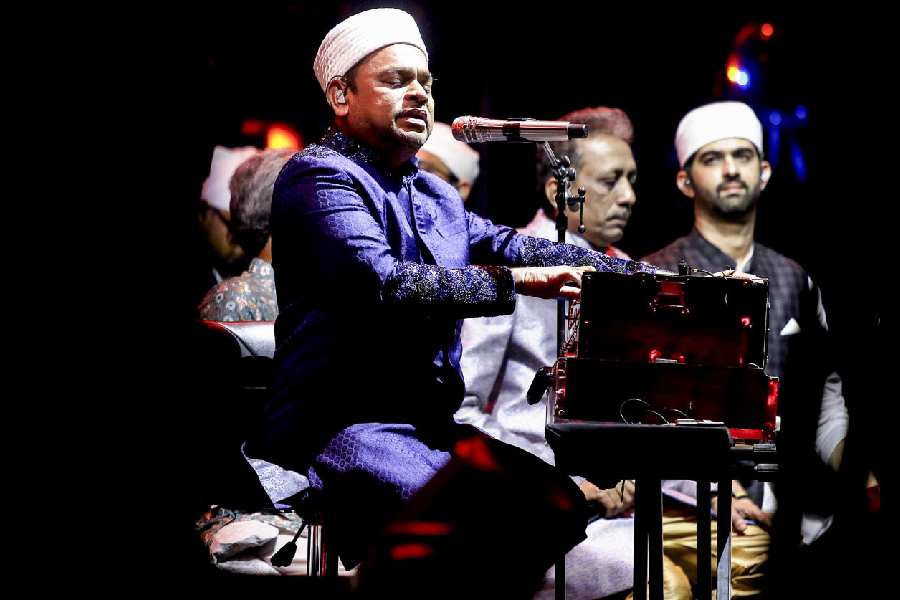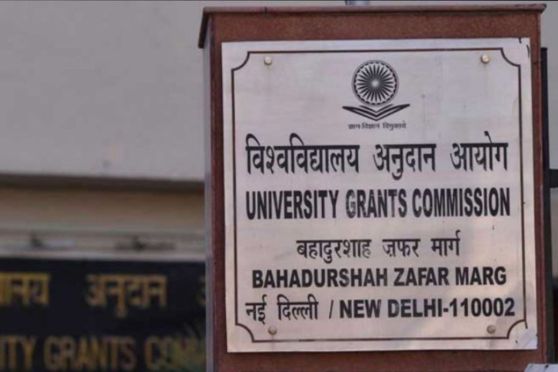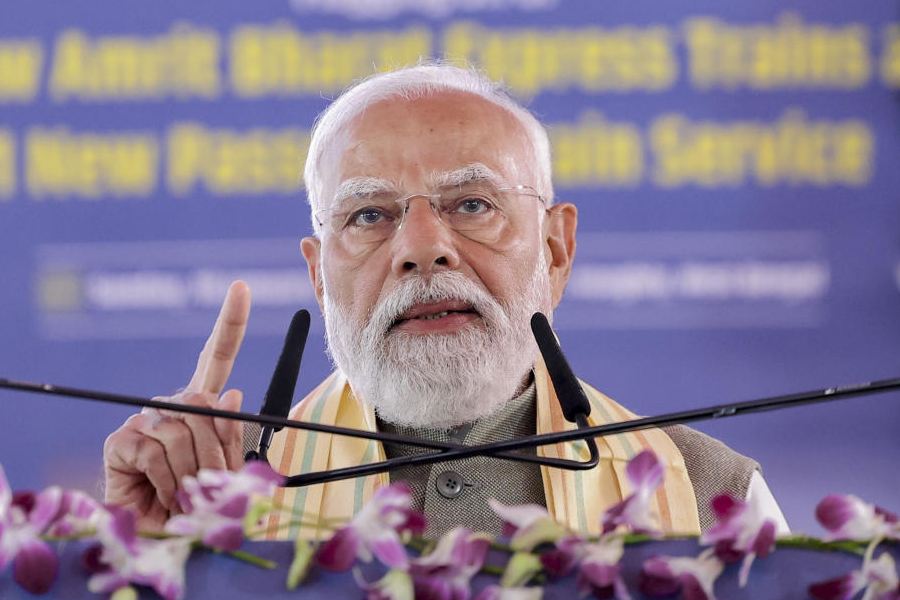
Happiness is having our heroes win Wimbledon. Now that Serena's done her duty by us, I need Roger to finish the job. We haven't met, but he knows what he owes me.
Fandom is a juvenile state. Those people we know who don't watch sport, who ask us home to dinner on the day of the Wimbledon final? They're our grown-up friends. They know sport is trivial, they know we're infantilized by it, but they love us enough not to hold it against us. They aren't idiots; they're adults.
Because we aren't, tennis is heroic and its great contests are epical. They recede into the past much faster than normal life does and settle into memory as myth. I can remember other things that happened in July 1981 but no memory of that summer carries the epochal sense of an ending that Bjorn Borg's loss to John McEnroe in the Wimbledon final that year does. During Federer's semi-final against Andy Murray last week, the cameras found Borg in the Royal Box in a summer suit. I didn't fall to my knees but I might have done; his hair was grey now but he wasn't just a former champion, he was an ancestor.
Wikipedia tells me that Borg is my age, give or take a year. That's absurd. Our sporting heroes aren't our contemporaries. They live dog years. The average human span contains several tennis eras. Placed in historical time, Borg is as remote as the 18th century; his silver hair could be a powdered wig.
Rod Laver was in the same box watching the same match. Every year in the closing rounds of Wimbledon, the Immortals descend to watch their human successors. I have radio memories of Laver. The BBC's World Service used to broadcast running commentary from the semi-finals onwards. I listened to Laver and John Newcombe and Stan Smith win, twirling a dial to tune out the mooing and whistling of the short waves. I sat glumly through Jimmy Connors's rout of Ken Rosewall one year, then thrilled to Arthur Ashe's dismantling of Connors the next. I can still hear a famously gin-sodden commentator exclaiming over Ashe's tactical genius, as he dinked and sliced his way to the title.
I was lucky to grow up in Delhi because Doordarshan began doing live telecasts of Wimbledon in the Seventies long before the national network was established: so I got to watch both the tail-end of Laver's generation and the first triumphs of the new cohort, Vijay Amritraj, Borg and Connors, in black-and-white. Wimbledon's marketing of itself as an unchanging emblem of tennis and its traditions makes us forget how much the game has changed.
It was a much less upholstered, much more rudimentary setting and the players were labourers, not cosseted stars waited on hand and foot. In the late Sixties and the early Seventies there were no chairs for players to sit on because there were no breaks during changeovers. The players played continuously, stopping only to wipe their faces with towels hanging off the umpire's tall chair or stopping to drink water on the way to the other end.
I have this vivid image of Ilie Nastase, his hair lank with sweat, towelling his racket handle and then trudging to the other side of the court to serve. If the five set match wasn't won in straight sets, the players got a 15 minute break after the third set. I sometimes wonder what Nastase's generation make of the present circumstance where players get a 90-second break after every other game during which they, eat, drink, have umbrellas held over their heads by ballboys and are, not infrequently, massaged and palpated by physios. The other day I heard my son marvelling at the fact that stars like Federer lugged their massive kit bags on and off court themselves. Give it a year or two; I can see them being carried by coolies in Wimbledon's colours.
The one thing that hasn't changed over the past 20 years is the grudging, ungracious recognition of the genius of the Williams sisters. In 2004, the Daily Mail carried juxtaposed pictures of Maria Sharapova and Serena with this helpful headline: "The Beauty and the Best". Eleven years later, the same newspaper had the two of them pictured on the same page again; this time the headline read, "The Most Bitter Catfight in Tennis". But the Daily Mail is a tabloid, besides bearing the cross of being the Daily Mail, so its crassness isn't surprising. The bigger scandal is the hostility and criticism Serena and Venus have endured from fellow players. Martina Navratilova, Chris Evert, Martina Hingis, Elena Dementieva, Lindsay Davenport, John McEnroe and many others have, at various times, criticized the sisters for playing the race card, for being 'cold', for having no humility, for being thin-skinned, even for being insufficiently committed to tennis!
Just before Serena won the championship last week, Martina Navratilova bemoaned the lack of competition at the top of the women's game. She was disappointed that Serena had no peer, that there was no one pushing her the way that Steffi Graf pushed Navratilova towards the end of her career. In between acknowledgments that Serena was an exceptional athlete, Navratilova kept implicitly comparing her achievements with Williams's. She said, for example, that had Steffi Graf not been around she might have won 20 majors. And just in case you didn't catch her drift, she pointed out that there was no Steffi-like rival challenging Serena.
Similarly, talking about her last major title, the Wimbledon championship she won at the age of 33 (which, coincidentally was Serena's age when she won this year's title), Navratilova pointed out that she had played 400 more singles matches than Serena at the same age and had many more miles on her clock. Why this should redound to Navratilova's credit is mysterious: surely, winning more majors having played fewer matches is a tribute to Serena's success rate? Navratilova's guarded carping is especially unfortunate, given that she transformed women's tennis from a prissy, genteel sport into a properly athletic contest. The Williams sisters, especially Serena, built upon her legacy and took the game to another level of power and speed. For one pioneer not to acknowledge the other whole-heartedly is disappointing but not surprising: Navratilova has been taking potshots at the Williams sisters for 20 years.
Still, it hasn't stopped Serena from winning four majors in a row and now the Grand Slam beckons. At the time of writing, the men's Final hasn't begun, but there's a distinct possibility that two 33-year-old heroes of mine will be champions this year. Which means that 10 years from now I'll be able to tell my grandchildren tales of a distant golden age when gods ruled and mortals knew their place.

